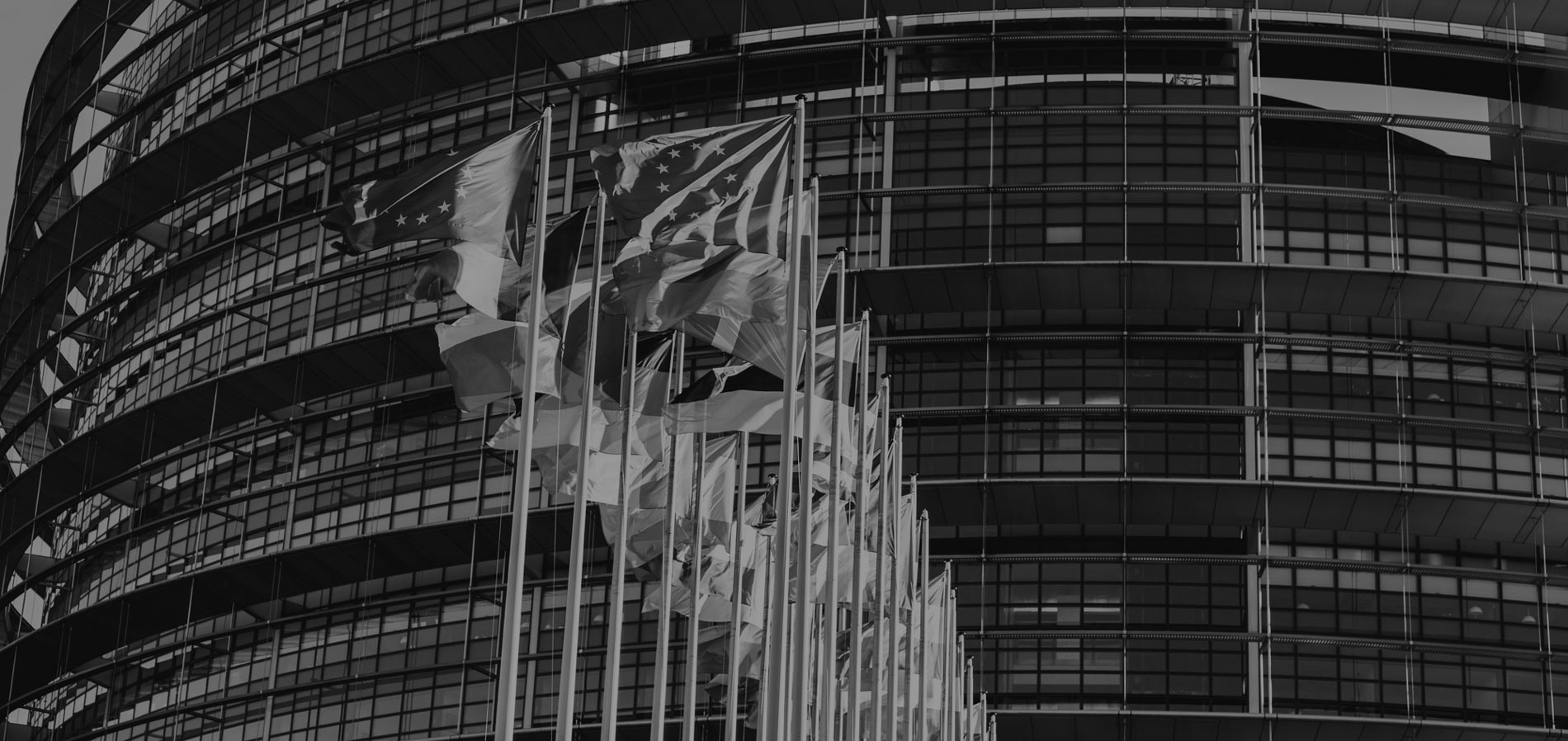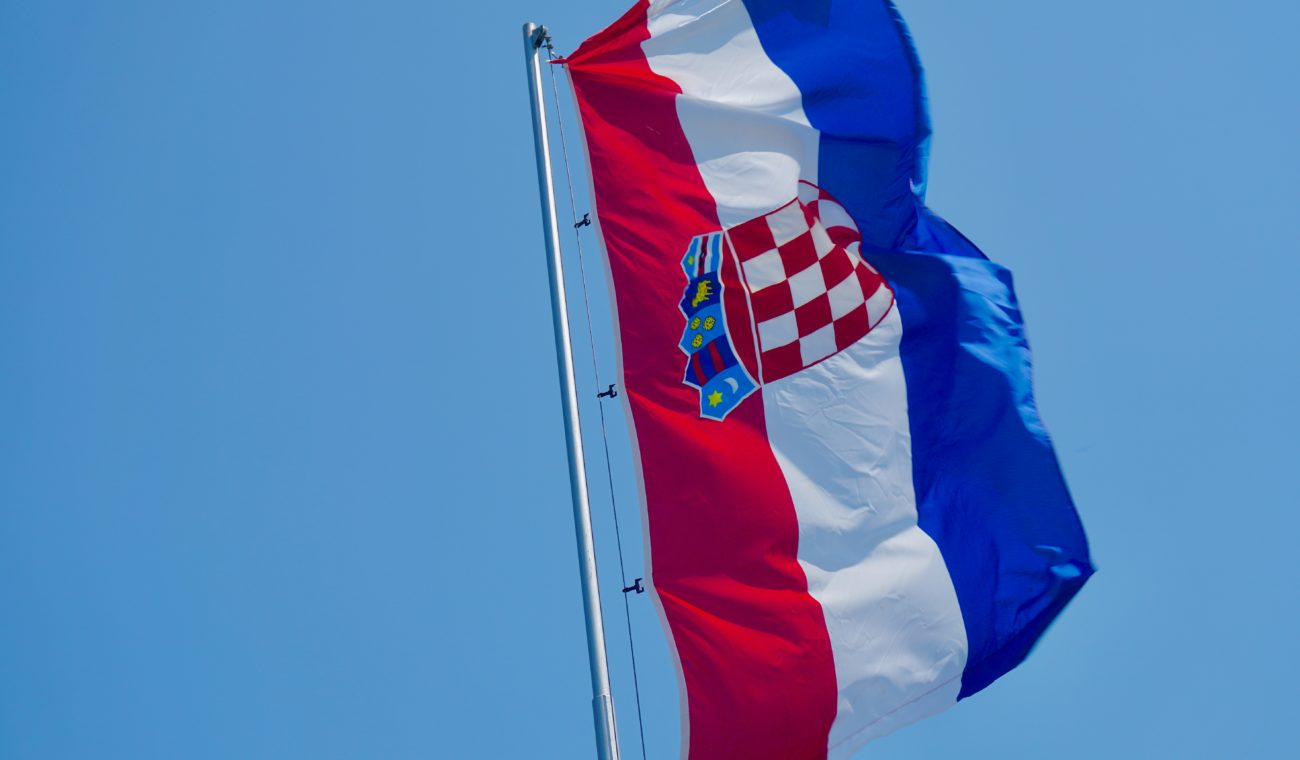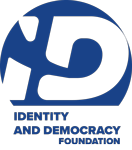Croatian elections: liberals and patriots face off
On Wednesday April 17, early elections were held in Croatia. Convened by the Croatian Democratic Union, which has been in power since 2015 but has been weakened by corruption scandals, the elections saw two diametrically opposed visions: on the one hand, supporters of maintaining Croatia’s alignment with the policies of the European Commission, and on the other, supporters of a break with von der Leyen.
The domination of the Croatian Democratic Union
Since Croatia’s independence following the end of communism and the dismantling of Yugoslavia, the Croatian Democratic Union (HDZ) has been the country’s main political force. Founded clandestinely in 1989 in Yugoslavia by Franjo Tuđman, the father of Croatian independence, the HDZ was originally a Croatian nationalist and anti-communist party aiming to achieve Croatian independence. It finally achieved this in 1991, after the Balkan war and the victory of the Croatian and Bosnian nationalists. This victory brought great prestige to the party, which has ruled Croatia for 26 of the 33 years since the first free elections in 1990. Several parties opposed the HDZ, until the emergence in the 2000s of the Social Democratic Party of Croatia (SPD), from the former Communist Party, which has since established itself as the main opposition force to the HDZ and led the country for 7 years. Since 2016, the HDZ has ruled the country in coalition with small centrist parties, and its leader, Andrej Plenković, is the country’s Prime Minister. Conversely, SPD candidate Zoran Milanović managed to win the presidential elections in 2020, becoming the main opposition figure to the HDZ.
Ideological changes in the SPD and HDZ
The exercise of power has transformed the HDZ. From a nationalist party sometimes flirting with extremism (its founder was accused of anti-Semitism, Holocaust denial and sympathy for the fascist Ustasha regime, which ruled Croatia during the Second World War and collaborated with the Nazis), it has gradually become a liberal, pro-European, center-right party. Its current leader, Andrej Plenković, is the embodiment of this evolution and line, loyal to Brussels and more at ease with centrists than nationalists.
For its part, the SPD has undergone the opposite evolution. Under the influence of President Zoran Milanović, this center-left party is tending to become a populist and patriotic left-wing party, critical of immigration and Brussels policies, and inclined to look to Hungary and even Russia. In this respect, it is similar to the social-democratic parties in Romania, Slovakia and Bulgaria, which are characterized by an economically left-wing but culturally right-wing stance, particularly on immigration issues. Added to this is a certain sympathy for Moscow, which can be explained as much by their opposition to the policies of the European Commission as by the fact that, in each case, they belong to the former Communist Party, which became “social-democratic” following the collapse of the USSR.
The emergence of a patriotic right and a liberal left
The evolution of the HDZ, along with the gradual disappearance of the Croatian Peasant Party, has left a political space into which patriots have rushed. In 2020, nationalist musician Miroslav Škoro stood as an independent candidate in the presidential elections, narrowly missing out on the run-off with 24.75% of the vote, against 26.98% for the HDZ and 29.91% for the SPD. Even more interestingly, Miroslav Škoro came first among 18-29 year-olds with over 30% of the vote, and ahead of the HDZ among 30-44 year-olds. Only the massive over-60s vote for the SPD and to a lesser extent for the HDZ prevented him from reaching the second round. In the subsequent parliamentary elections, his new party, the Patriotic Movement, close to the Identity and Democracy Party, failed to repeat the feat, but still managed to come third with 11%, just ahead of Le Pont, a populist party close to ECR. Miroslav Škoro’s departure from the party he founded as a result of tensions within the leadership has nonetheless left the Croatian nationalist camp in its wake.
Similarly, the SPD’s populist rhetoric has led to the emergence of a new left-wing party. Founded in 2019, We can! is a left-wing environmentalist and progressive party that managed to win the mayoralty of the Croatian capital Zagreb in 2021 with 41% in the first round and 64% in the second. A member of the European Green Party, it embodies a progressive, urban center-left similar to that found in Western Europe.
An indecisive result
Despite its popularity, the HDZ has seen its power eroded by the growing number of corruption scandals involving its executives and ministers. The appointment of a man accused of links with corrupt businessmen and politicians, Ivan Turudić, as Prosecutor General led to opposition anger and demonstrations across the country. To avoid too serious consequences for his party, Prime Minister Andrej Plenković called new elections a few months ahead of schedule. The question of HDZ’s corruption problems was the opposition’s main attack on the HDZ, while the latter accused the SPD of being sold out to the Russians. The SPD had announced before the elections that it was ready to govern with both the ecologists and the nationalists.
With 34.4%, the HDZ remains the leading party, but has lost 6 seats. For their part, the SPD and its allies in the Rivers of Justice coalition made slight progress, with 25.4% of the vote. The Patriotic Movement confirmed its position as third party (9.6%), ahead of the ecologists (9.1%) and the populists (8%). The situation is therefore complicated, as neither side has a majority. The HDZ cannot govern alone, and the SPD cannot propose an alternative majority, either with the ecologists or the nationalists. Since an SPD-Ecologist-Nationalist alliance or a coalition between the HDZ and the Nationalists are both unlikely, the situation appears to be deadlocked. Three scenarios therefore seem the most likely: a hung government, a liberal alliance between the HDZ and the Greens, or new elections. In any case, these elections mark a strengthening of the patriotic current in Croatia and the beginning of a shift from the left-right divide to the patriotic-globalist divide found in more and more European countries.






